Diversity in the past
The materials in this section are all focused on the choices that teachers have to make about the substantive content of their curriculum. The diversity that all students encounter within the past – the range of specific individuals and groups of people about whom they learn – and the ways in which different topics are treated within the curriculum are known to impact on the extent to which young people engage with school history and on the connections that they see between past and present. The resources in this section illustrate different ways in which teachers have increased the diversity of their curriculum – paying more attention, for example, to women other than monarchs in the early modern period; examining the work of Black British civil rights campaigners; or questioning the stereotype of the English ‘Tommy’ in examining who fought for Britain on the Western Front. Teachers will need to develop their own subject knowledge if they are to teach more diverse pasts and many of these resources help to provide some of that new knowledge or show where it can be found.
-

Defying the ‘constrictive grip of typologies’
ArticleClick to view -

Triumphs Show 167: Keeping the 1960s complicated
ArticleClick to view -

Cunning Plan 167: teaching the industrial revolution
ArticleClick to view -
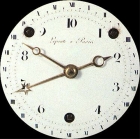
Why are you wearing a watch? Complicating narratives of economic and social progress
ArticleClick to view -

Beyond tokenism: diverse history post-14
ArticleClick to view -

'Victims of history': Challenging students’ perceptions of women in history
ArticleClick to view -
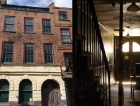
Helping Year 9s explore multiple narratives through the history of a house
ArticleClick to view -

Triumphs Show 156: Fresh perspectives on the First World War
ArticleClick to view -
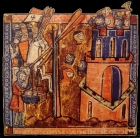
Getting medieval (and global) at Key Stage 3
ArticleClick to view -

Year 7 explore the story of a London street
ArticleClick to view -
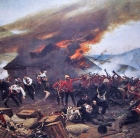
Do we need another hero? Rorke's Drift
ArticleClick to view -

Designing an enquiry in a challenging setting
ArticleClick to view -
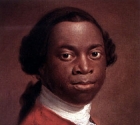
Triumphs Show 148.1: collaborating to commemorate Olaudah Equiano
ArticleClick to view -
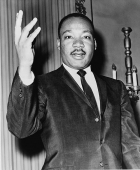
Hidden histories and heroism: post-14 course on multi-cultural Britain since 1945
ArticleClick to view -
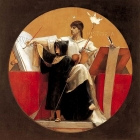
Where are we? The place of women in history curricula
ArticleClick to view -

How my interest in what I don't teach has informed my teaching and enriched my students' learning
ArticleClick to view -
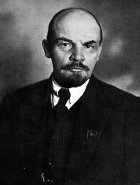
Exploring pupils' difficulties when arguing about a diverse past
ArticleClick to view -
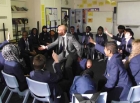
'Doing justice to history': the learning of African history in a North London secondary school
ArticleClick to view -

Developing Year 8 students' conceptual thinking about diversity in Victorian society
ArticleClick to view -
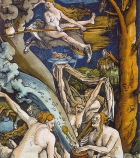
Witchcraft - Using fiction with Year 8s
ArticleClick to view

